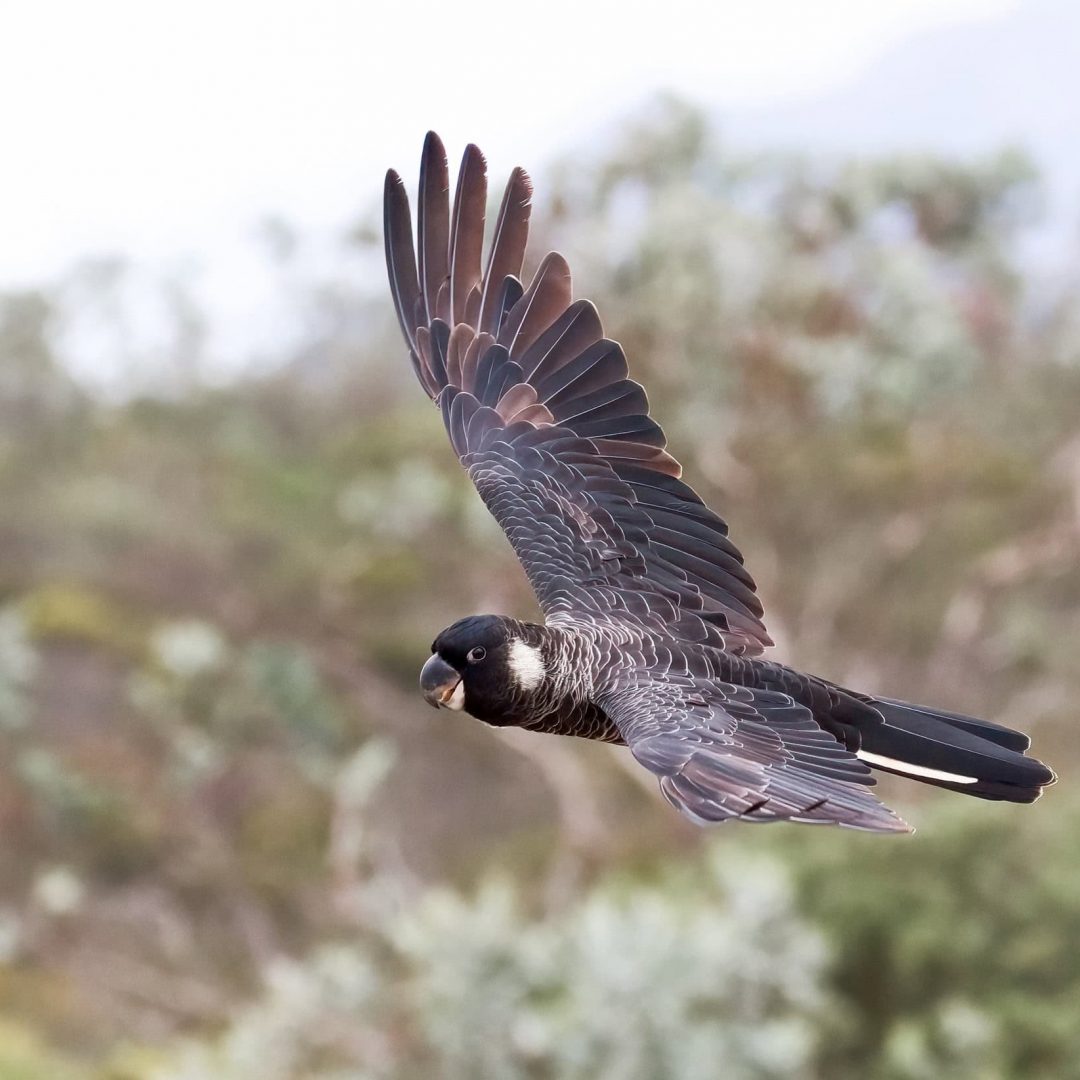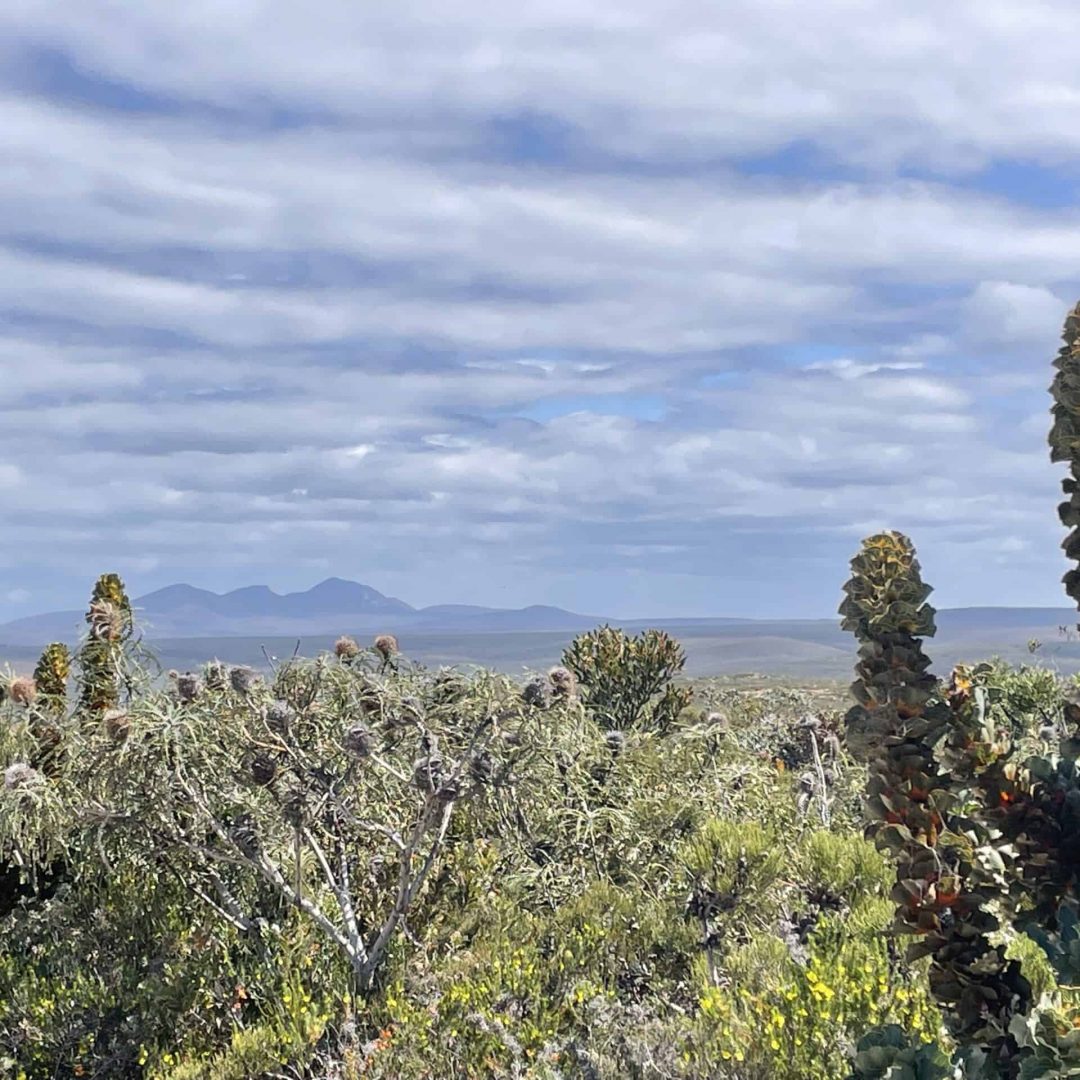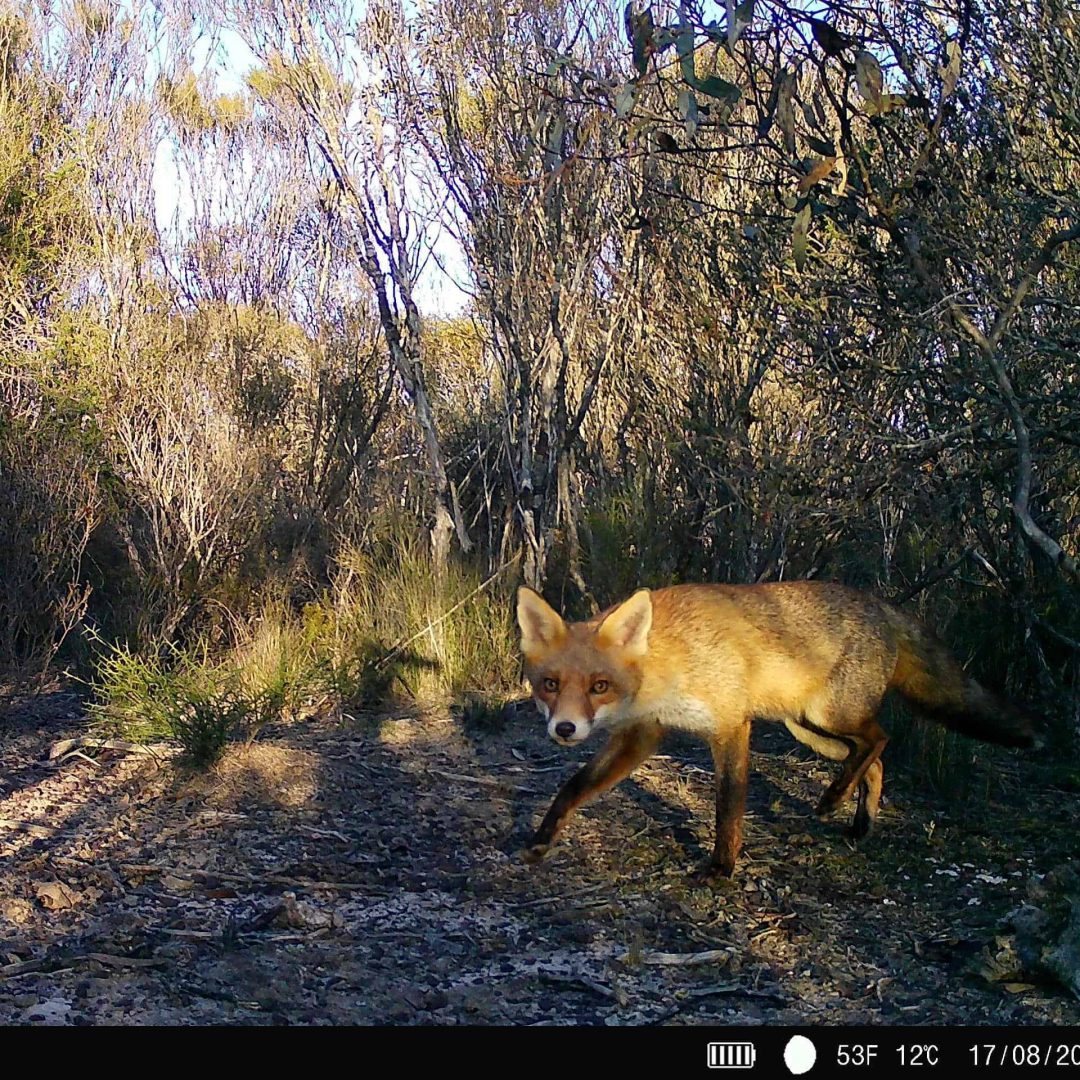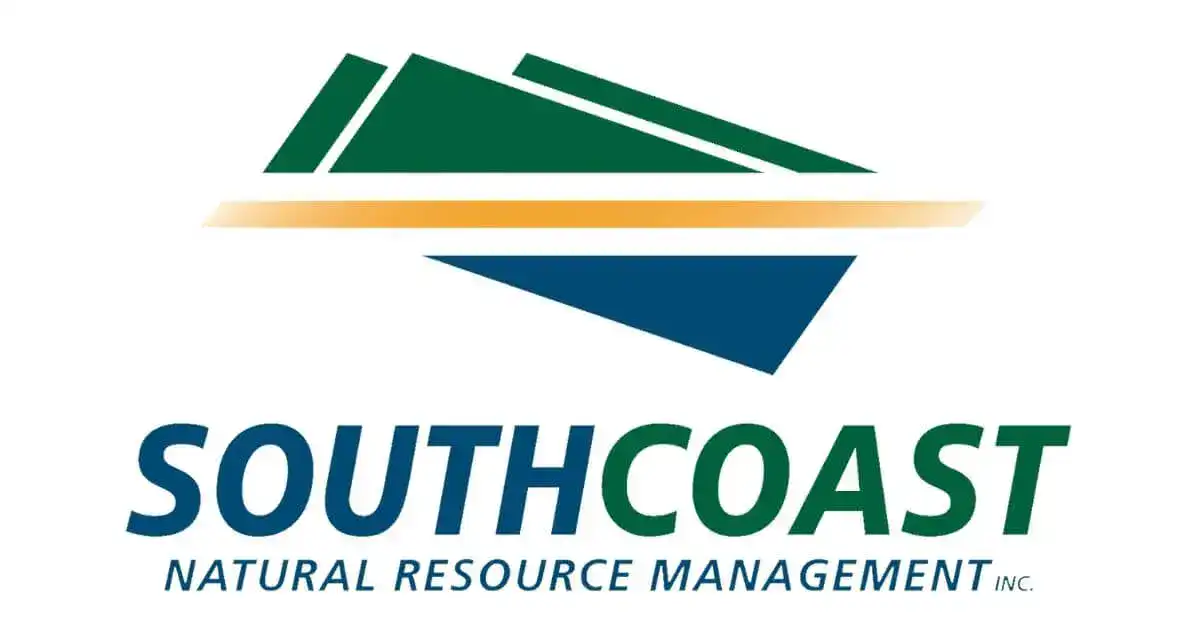Projects
The Fitz – Stirling Project



About the Project
About The Project
The Fitz – Stirling Priority Place project is a landscape scale project extending from the Stirling Range National Park to the Fitzgerald River National Park and surrounding coast. The Fitz-Stirling landscape is one of 20 priority places in the Australian Government’s Threatened Species Action Plan 2022-2032. These places identify landscapes that support high numbers of threatened species and ecological communities, have high importance to First Nations people and may particularly benefit from a landscape-scale approach to threatened species recovery.
While aiming to benefit a range of native species and ecological communities within the Fitz-Stirlings, the project particularly targets:
Two threatened animal species
- Carnaby’s Black Cockatoo/ Ngoolark/ Gnoomglark
- Malleefowl / Gnow
Three threatened plant species
- Giant Andersonia
- Stirling Range Dryandra
- Small-flowered Snottygobble
Two threatened ecological communities
- Eastern Stirling Range Montane Heath and Thicket
- Proteaceae Dominated Kwongkan Shrublands of the Southeast Coastal Floristic Province of Western Australia
Project Details
Through the project we are:
- Securing and storing seeds from at least 13 rare flora species
- Aiming to increase the populations of threatened flora species through in-situ and ex-situ translocations
- Conducting a tenure-blind, landscape scale, integrated pest control program with the aim to reduce or prevent the increase in fox, cat and rabbit populations
- Installing artificial hollows, and maintaining previously installed artificial hollows for Carnaby’s Cockatoos
- Working with Noongar organisations to support First Nations led land management and cultural practices like traditional burning, back to country trips and Ranger training
- Combating Phytophthora dieback disease through the installation of vehicle washdown stations, dieback mapping, access control measures and other management actions
- Increasing and protecting habitat through revegetation projects, weed control and fencing projects
- Raising awareness of threatened species and communities and strengthening connection to country through an array of events, fact sheets, and a video.
Help us protect the Fitz-Stirlings
Get involved with
Citizen Science
There will be opportunities for the public to participate in Black Cockatoo survey work in Spring and Summer 2025.
Please get in touch with our project coordinator Lauren at laurent@southcoastnrm.com.au, if you are interested in being involved.
Awareness raising
In April 2025 the Fitz-Stirling Priority Place project sponsored the Albany Board Riders Junior competition. At this event South Coast NRM staff raised awareness of the Endangered Carnaby’s Cockatoos and other Endangered Black Cockatoo species.
Our project partners have also held community engagement events throughout the South Coast region focusing on topics such as dieback awareness and pest control. Keep in the loop by following our project partners social media accounts and websites for upcoming events.
Contact us
Please contact Lauren Taaffe for more information about the project – LaurenT@southcoastnrm.com.au
Our project partners
Several organisations and project partners are currently involved in the Fitz-Stirling Priority Place project, including:
- Bush Heritage Australia
- The Department of Biodiversity, Conservation and Attractions
- Dieback Working Group
- Fitzgerald Biosphere Group
- The Gillamii Centre Inc.
- Oyster Harbour Catchment Group
- Ravensthorpe Agricultural Initiative Network
- North Stirlings Pallinup Natural Resources
We are also collaborating and working with:
- Birdlife Australia
- Gnowangerup Aboriginal Corporation and
- The National Malleefowl Recovery Group
This project is funded by the Australian Government under the Saving Native Species Program and is delivered by South Coast Natural Resource Management as a member of the Commonwealth Regional Delivery Partners panel.


